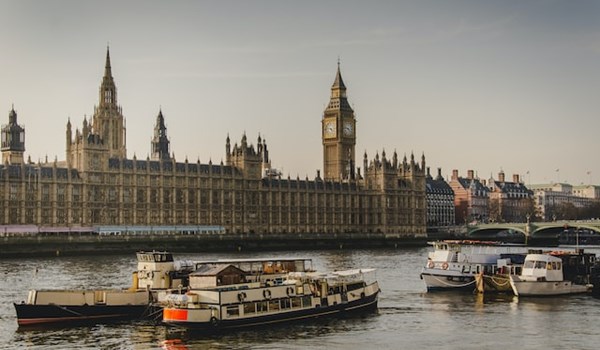Global AML watchdog the Financial Action Task Force (FATF) says it has made major changes to the criteria it uses for placing countries on its “grey list” of nations under increased monitoring, with the aim of relieving pressure on lesser developed nations and focusing instead on those posing greater risks to the international financial system.
The revised criteria will see jurisdictions prioritized for review if they are a FATF member, are a country on the World Bank High-Income Countries list and are a country with financial sector assets above US$10 billion.
If the jurisdiction is a least developed country as defined by the United Nations, they will not be prioritized for active review unless the FATF agrees that they pose a significant money laundering, terrorist financing or proliferation financing risk. In such cases, least developed countries entering the review process could be granted a longer observation period to work on progress against their Key Recommended Action roadmap, the FATF said.
The changes will be applied for the next round of assessments and could see the number of “low-capacity countries” on the grey list halved, it added.
The revised criteria for placing countries on the grey list represents the first major impact of Elisa de Anda Madrazo following her appointment as President of the FATF in July and comes ahead of this week’s plenary in Paris – also her first while in charge.
According to a report by Bloomberg, the decision to amend the criteria follows criticisms that the FATF had been too tough on emerging-market countries and too lenient on more powerful members, with a recent FATF report naming the likes of the US, Australia and Switzerland for failing to adequately regulate designated non-financial businesses and professions, including casinos, lawyers and real estate agents.
“What’s changed is how we treat the countries that have such strategic deficiencies,” De Anda told the news agency. “If you’re an FATF member or a high-income country, you’ll be held to a higher standard.”
While the FATF has not flagged any changes to how it reviews countries on the black list – currently comprising Iran, North Korea and Myanmar – the revised grey list criteria could benefit nations like the Philippines which has stated its desire to be removed from the list by the end of this year.
The Philippines is one of 21 nations currently, with the FATF having specifically highlighted its lack of oversight of risks related to the casino junket sector.
Philippine President Ferdinand Marcos Jr last year issued a Memorandum Circular directing 44 government agencies, including gaming regulator PAGCOR, to “review and assess” their requirements and take all necessary actions to ensure the country exits the “grey list” within the stated timeframe.
PAGCOR Chairman and CEO Alejandro Tengco also revealed at G2E Asia in early June that he had appointed the regulator’s new President and COO, Atty. Wilma Eisma, to “personally oversee” its efforts to ensure the country is removed from the FATF’s grey list as soon as possible.
In announcing its new criteria, the FATF noted that the impact of illicit financial flows – which fuel “life-destroying crimes … like human trafficking or child sexual exploitation as well as acts of terror which by nature are meant to cause death and suffering” – are felt most strongly by the least developed countries as it impedes sustainable development.
“Proceeds of crimes, such as tax evasion, corruption, organized crime, divert billions of dollars annually away from essential public goods like education and health. Depriving criminals from their ill-gotten gains is crucial to help these countries building robust economies and societies,” the FATF said.
“The changes made by the FATF will ensure the listing process better targets the countries that pose the greatest risk to the international financial system and contributes to more adequate support to low-capacity countries.”



